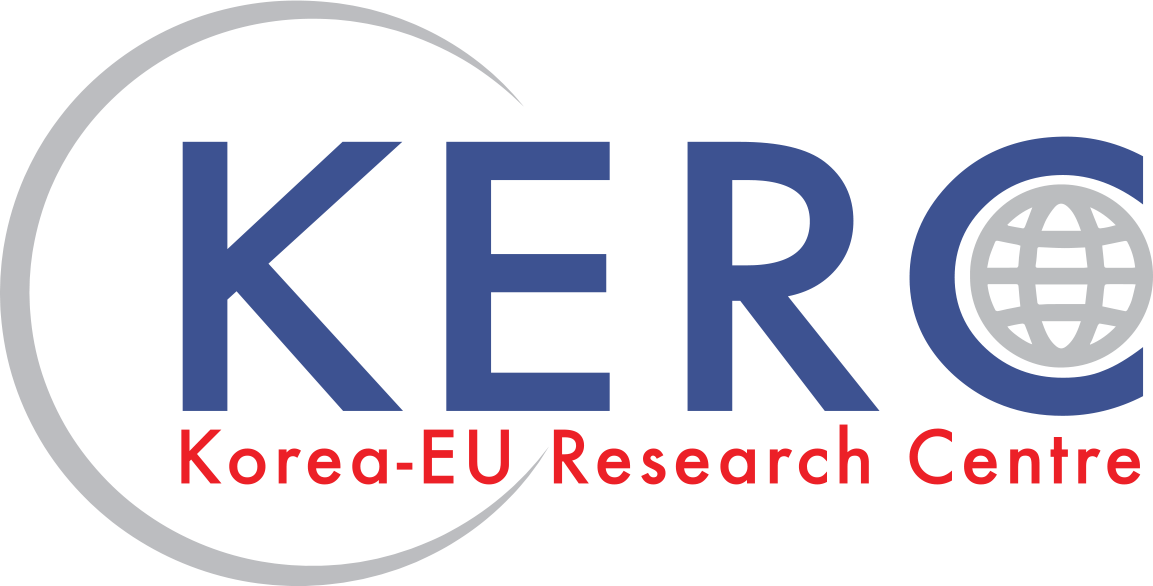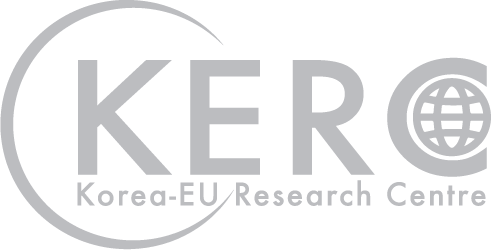More than 200 auto and energy companies from here and abroad gathered at an international hydrogen show in South Korea on Wednesday, putting on display their latest technologies and visions on hydrogen, which is cited as a future energy source.
H2 MEET, an exhibition-to-conference event backed by Seoul, is onto its third annual session this year as a venue to highlight the current trends and explore ways to nurture the segment.
This year's show, set for a four-day run through Saturday, brought together 241 enterprises, public entities, government officials and private experts from 16 countries, including Canada as the guest country of honor for this year, Britain, the Netherlands, Australia, the United States and France, the organizing committee said.
Hyundai Motor Group, SK, Doosan, POSCO, Hyosung were among the South Korean participants. Foreign companies included Canada's Ballard Power Systems, U.S. gas and chemical company Air Products and Swedish power systems provider KraftPowercon.
"The South Korean government will work to establish a solid hydrogen economy ecosystem encompassing the whole cycle, from production and distribution to utilization, to promote the sector to a world-leading supergap industry," Prime Minister Han Duck-soo said in an opening speech.
Han also vowed to push for overseas projects for production and the adoption of hydrogen by foreign countries and promised efforts to build infrastructure necessary to ensure its safe distribution.
South Korea has declared a plan to cut greenhouse gas emissions by 40 percent of the 2018 amount by 2030 as part of its net zero commitment. A revised law on nurturing hydrogen and other renewable energies is expected to go into effect in December.
Hyundai, the country's top automaker accelerating its push for hydrogen fuel cell vehicles, showcased a range of hydrogen-powered vehicles and mobility tools.
Hyundai debuted cleaning and sprinkler truck versions of its hydrogen fuel cell Xcient heavy-duty truck, installed with 350 kilowatt driving motor and 180 kW fuel cell system that enables a driving range of up to 400 kilometers.
Hyundai said it plans to start the sales of the cleaning and sprinkler trucks next year.
It introduced a police bus that can run up to 550 km on 180 kW fuel cell stacks and a tug vehicle equipped with a 30 kW fuel cell power pack.
Hyundai also presented its 6 meter-in-diameter multicopter drone, designed to travel long distances powered by a fuel cell system and battery.
SK E&S Co., a major liquefied natural gas provider under SK Group, showcased its electrolysis equipment model developed with U.S. fuel cell company Plug Power. Electrolysis is a process by which electricity splits water to extract and produce hydrogen from the water. It is considered a technology vital to producing green hydrogen using renewable energy.
SK E&S also presented its hydrogen fuel cell-based forklift developed with Doosan Bobcat, the country's top construction equipment maker, and its vision for a hydrogen-based mobility city where hydrogen-powered drones deliver goods.
Doosan Fuel Cell Co. a South Korean fuel cell company, exhibited its "tri-gen" system, a technology designed to produce hydrogen, electricity and heat.
Doosan exhibited its mid-to-low temperature-based solid oxide platform under development, which is considered more advanced than the high-temperature one as the ability to operate at a lower temperature increases its durability as a fuel cell system.
The H2 MEET exhibition and conference is taking place at the Korea International Exhibition Center (KINTEX) in Goyang, just northwest of Seoul, until Sept. 3.
A series of conferences and forums for discussions on the current hydrogen industry trends and related issues are also scheduled to take place on the sidelines of the event.
The exhibition will be followed by a networking session for the participating entities and representatives to facilitate business deals, trade and other exchanges, according to the organizer.


